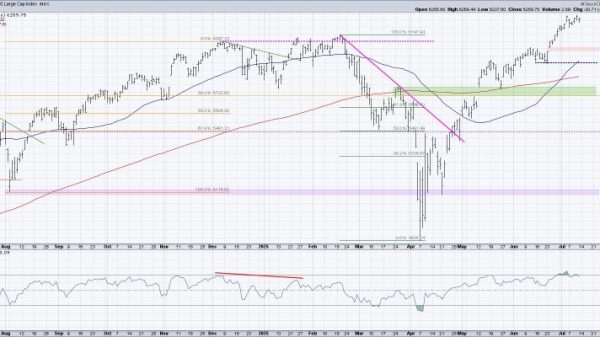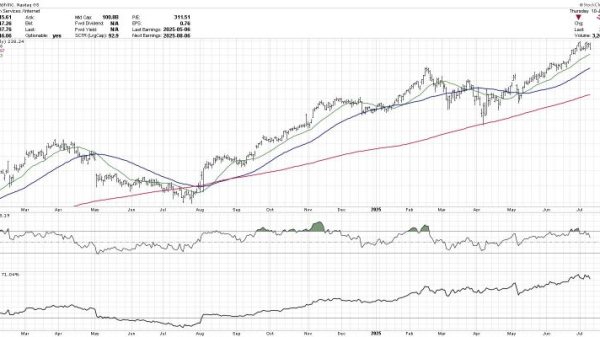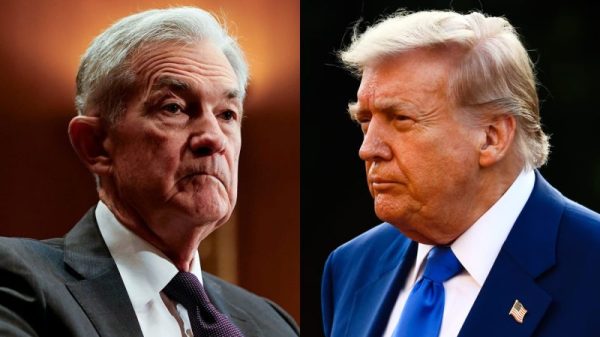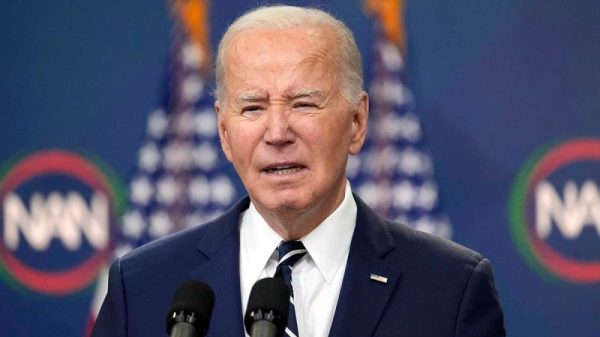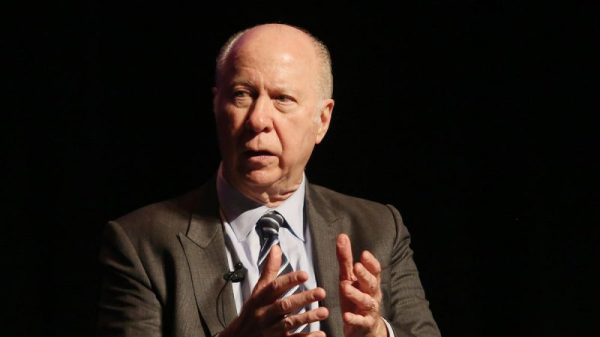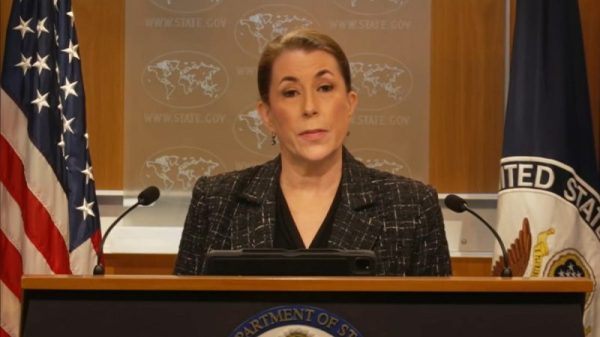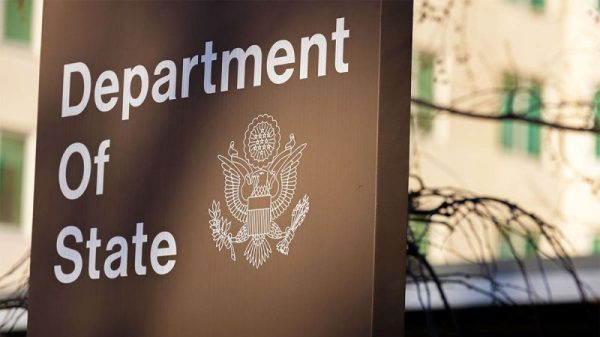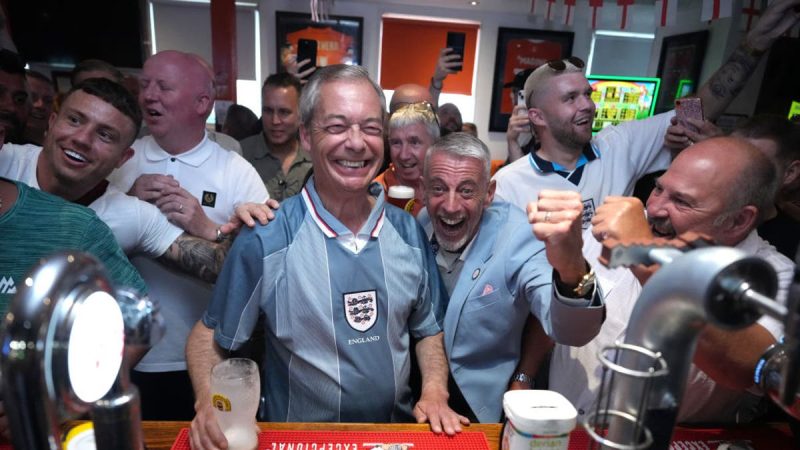Nigel Farage’s Return to Politics Causes a Stir in British Election – Analysis
Farage’s Return: A Game Changer in British Politics
Farage’s dramatic return to the political landscape has undoubtedly caused a ripple effect in the ongoing British election. The former UKIP leader’s ability to garner attention and support cannot be denied, and this resurgence has left many political analysts and opponents puzzled by his success.
1. Tap into Discontent: Farage’s Political Branding
Farage’s success can be attributed to his skillful tapping into the deep-rooted discontent among a significant portion of the British population. His anti-establishment, anti-EU stance strikes a chord with those who feel marginalized or disillusioned by mainstream politics. Farage’s unapologetic rhetoric resonates with voters who seek a voice that challenges the status quo.
2. Brexit Champion: Riding the Wave of Euroskepticism
Nigel Farage’s role as a leading figure in the Brexit campaign has undoubtedly contributed to his political resurgence. As the face of Brexit, Farage has positioned himself as the champion of Euroskepticism, advocating for a clean break from the European Union. His consistent messaging on this issue has earned him credibility among those who believe in the benefits of a complete separation from the EU.
3. Embracing Populism: Farage as the People’s Champion
Farage’s success can also be attributed to his embrace of populism. By presenting himself as the voice of the common man, Farage appeals to those who feel alienated by the political elite. His relatability and straightforward communication style make him a charismatic figure who can rally support from a diverse range of voters.
4. Tactical Alliance: Collaboration with Conservative Party
Farage’s decision to form an alliance with the Conservative Party for the current election has proven to be a strategic move. By stepping aside in certain constituencies, Farage has shown a willingness to put the broader goal of delivering Brexit above party politics. This tactical alliance has enabled him to leverage the combined support of Brexit supporters, further solidifying his influence in this election.
5. Media Savvy: Exploiting Traditional and Social Platforms
Farage’s adept use of traditional and social media platforms has played a crucial role in his success. His regular appearances on mainstream television programs, as well as his active engagement on social media, have helped him reach a wider audience and maintain his political relevance. Farage’s media savvy approach ensures that his message is heard and resonates with voters across various demographics.
In conclusion, Nigel Farage’s return to politics and the subsequent impact on the British election highlight his ability to captivate audiences and shape political discourse. By tapping into discontent, championing Brexit, embracing populism, forming tactical alliances, and leveraging media platforms, Farage has established himself as a prominent figure in British politics. Whether his success is sustainable in the long term remains to be seen, but one thing is clear – Farage’s presence has caused a significant wrinkle in the fabric of British politics.



